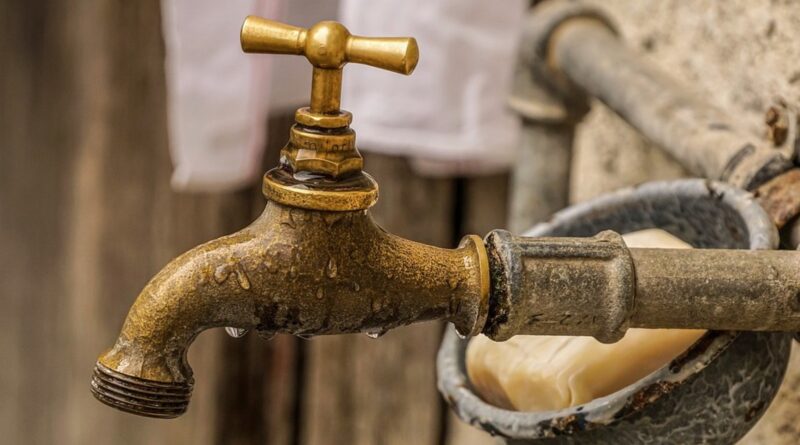South Africa: Rights Body Releases Damning Report on KwaZulu-Natal Water Crisis
Harare — Municipalities and water service authority (WSAs) in KwaZulu-Natal have been criticized by the South African Human Rights Commission (SAHRC) for denying residents’ access to enough clean water, The Mail & Guardian reports.
Its investigation into the provision of water services discovered that crucial infrastructure is failing as a result of widespread neglect, a lack of investment, corruption, and a lack of skills and capacity to maintain it in order to satisfy rising demand.
In a recent report, the SAHRC made some damning claims about municipalities and WSAs, including that officials simply don’t care about the “Batho Pele” (people first) principle and that they don’t devote 8% of their budgets to maintenance as required by National Treasury regulations.
The panel discovered that households with money and connections obtain water delivery at the expense of individuals without these privileges, and that the water tanker procurement system is being misused for commercial benefit.
During the release of the SAHRC’s KZN Water Inquiry Report in Durban, Commissioner Chris Nissen said that the commission had begun an investigation into “the current water crisis” in the province after receiving 600 complaints since 2020.
Widespread water shortages, including cases where people were without water for longer than seven days, uneven water supply or water disconnections, a lack of backup plans like water tankers, poor water quality/polluted water, and billing problems were among the complaints.
Municipalities and WSAs were asked to attend the hearing, which was held by the SAHRC’s KZN office from August 15 to August 19, 2022, in order to hold violators accountable.
Nissen said that although the 154-page study showed that towns and water authorities had breached individuals’ rights to obtain clean water throughout the province, the offenders “came up with excuses” when they were called before the panel.
“There were lots of complaints [from municipalities] about ageing infrastructure and vandalised infrastructure but we cannot live 30 years into democracy and not budget for maintenance and repairs,” Nissen reportedly said.
Some towns did not comply with requests for more information that were made in relation to their contributions and panel discussions. These included the uThukela District Municipality, Zululand District Municipality, Newcastle Local Municipality, Amajuba District Municipality, and eThekwini Municipality.

